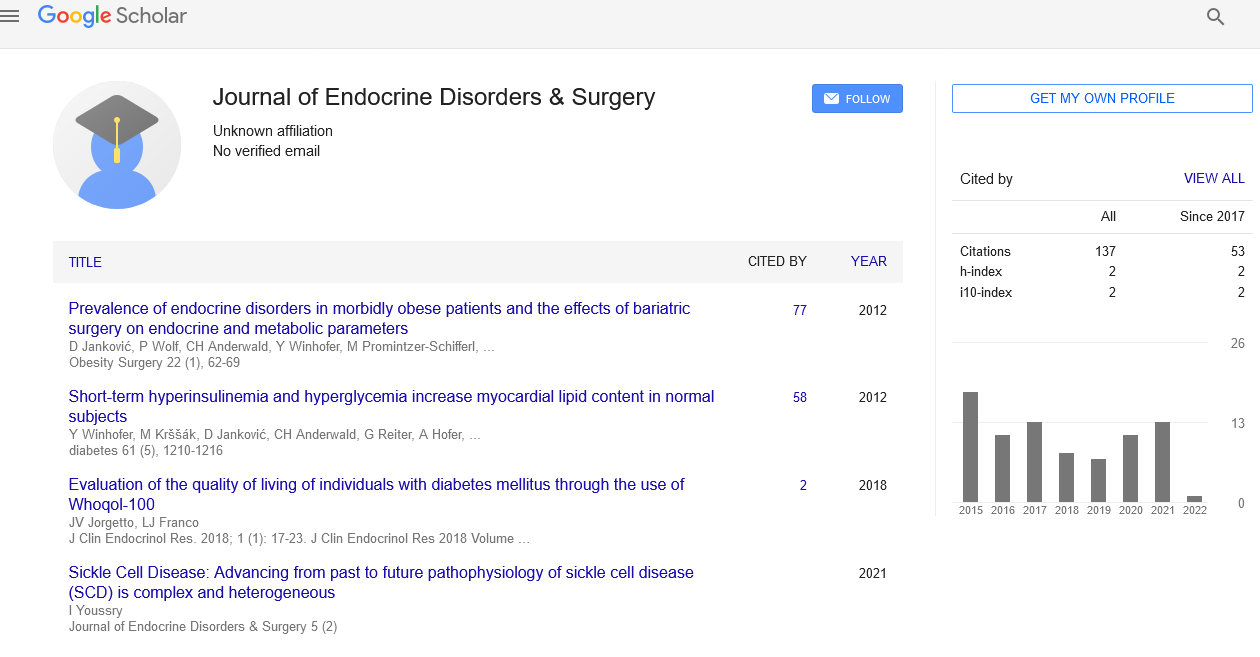
Sign up for email alert when new content gets added: Sign up
Abstract
Hypoxia Is a Key Mechanism for Regulating Inflammation in Ulcerative Colitis
Author(s): Anna M. KosyrevaIntestinal bowel diseases (IBD), including ulcerative colitis (UC), is the group of difficult to diagnose widespread among the population diseases. Pathogenesis of the disease is associated with a complex interaction of the genetic factors, the environment, the microbiome and the unpredicted reaction of the immune system, and the existing treatment methods are not effective enough. It is known, that hypoxia plays a key role in both system and local inflammatory reactions, mainly due to microcirculatory disorders and disseminated intravascular coagulation. Therefore a lot of studies have demonstrated that severity of any inflammatory diseases, including Crohn's disease (CD) and UC depends on hypoxia resistance. In this review we discussed microcirculation of blood and physiological hypoxia in the intestine, the role of hypoxia-inducible factors in the development of IBD and UC, as well as their influence on the severity of the inflammatory process. Authors described the protective effect of various PHD inhibitors and its benefits and disadvantages, so as new approaches of searching of very specific low molecular weight substances as drugs for the control of IBD and UC.
Introduction
Hypoxia, on the one hand, can lead to the development of inflammation, but on the other hand, any inflammatory process especially with pronounced system manifestations is accompanied by oxygen deficiency. It is known, that hypoxia plays a key role in both the system and local inflammatory reactions, mainly due to microcirculatory disorders and disseminated intravascular coagulation. In this regard a number of studies have shown that severity of any inflammatory diseases, including inflammatory diseases of the gut such as Crohn's disease (CD) and ulcerative colitis (UC) depends on hypoxia resistance. UC, CD and other intestinal diseases of unknown etiology on the clinical manifestation, mechanisms of their development and treatment approaches are combined into the group of inflammatory bowel diseases (IBD). In CD, all parts of the gastrointestinal tract may be affected, while in UC, pathological process develops first in the rectum and then spread proximally, affecting all part of the colon. IBD is widespread throughout the world, and UC happens more often than CD. According to the statistic, the highest rate of UC cases is in North Europe and North America, where they range from 156 to 291 on 100,000 people. The lowest rate is determined in African and Asian countries. In Russia frequency of UC is 20 cases per 100,000 people, CD is 3.5 per 100,000 people. In IBD the risk of colorectal cancer increases and its frequency is 0.4-0.8%.




